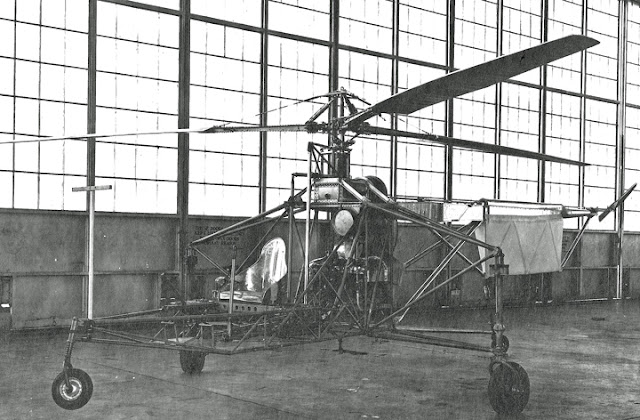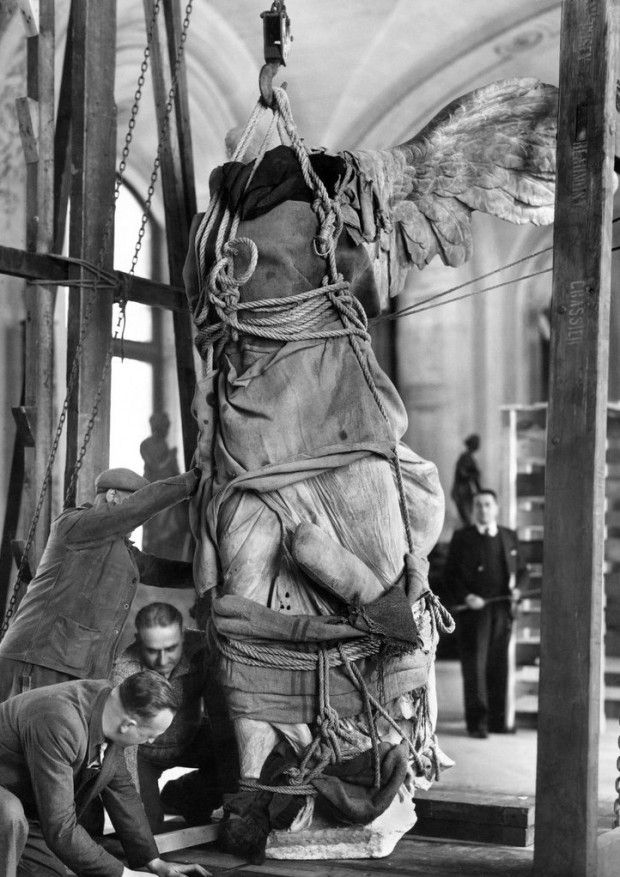Monday 13 November 1939
 |
| Mine damage to HMAS cruiser Adventure after being mined. |
There is an air raid warning in Paris, with anti-aircraft guns firing for the first time. It turns out just to be German reconnaissance.
Battle of the Atlantic: During the night, Kriegsmarine destroyers (Zerstörer) Z20, Z18, Z19, Z21 lay mines in the mouth of the River Thames. This pays off quickly.
British destroyer HMS Blanche hits a mine and sinks in the Thames Estuary. It is the first destroyer loss for the Royal Navy (of course, the battleship HMS Royal Oak and other vessels have been lost before).
Cruiser HMAS Adventure also hits one of the Thames mines. It makes it back to port with 23 lives lost.
Freighters SS Ponzano and SS Matra also hit the mines and sink.
U-26 (Kplt. Klaus Ewerth) torpedoes 4,285-ton French freighter Loire off Malaga, Spain. Everyone perishes. U-26 is the U-boat that previously entered the Mediterranean (the only U-boat managing to do that).
Royal Australian Navy destroyers Stuart, Vampire, Vendetta, Voyager, and Waterhen sail for the Mediterranean via the Suez Canal.
US freighter Black Hawk is detained by the British at Ramsgate.
Battle of the Pacific: British vessel Sirdhana hits a British mine at Singapore and sinks.
Holland: Prime Minister de Greer states that there does not appear to be any imminent danger - the (unknown to the public, but not to the Allied authorities) 12 November 1939 date of Hitler's planned Fall Gelb having passed.
Finland: Negotiations in Moscow end. The Finns head home to Helsinki. If there is one single stumbling block, it is the Soviet demand for a base at the port of Hanko. The Finnish government somewhat paradoxically relaxes some defensive measures.
Soviet Union Government: Stalin orders plans for the invasion of Finland.
As part of a plan of subversion of Finland, the NKVD begins recruiting Finnish expatriates in the Soviet Union to govern the country after the conquest and, perhaps, formulate a casus belli.
South Africa: The government forms a South African Seaward Defense Force.
Canada: General Henry Crerar establishes Canadian military headquarters.
Switzerland: The government expels Otto Strasser due to anti-Hitler comments made to a foreign newspaper in October. Strasser is an NSDAP member who broke from the majority of the party over Hitler's dominance and became an exile. This expulsion is undoubtedly due to the ongoing investigation of the 8 November 1939 Munich Bürgerbräukeller bombing. The inference is that the anti-Hitler exile Strasser may have been involved in that bombing, and Switzerland does not wish to be seen as harboring an assassin.
Holocaust: Former Abwehr agent Oskar Schindler signs lease for his private German enamelware factory in Krakow. He uses his contacts to secure contracts to provide cookware to the Wehrmacht
November 1939
November 1, 1939: The Jet Flies AgainNovember 2, 1939: The Soviets Devour Poland
November 3, 1939: Amending the Neutrality Act
November 4, 1939: Roosevelt Signs Neutrality Laws
November 5, 1939: The Spirit of Zossen
November 6, 1939: First Dogfight
November 7, 1939: More Lies About SS Athenia
November 8, 1939: Hitler Almost Killed
November 9, 1939: The Venlo Incident
November 10, 1939: Dutch Panic
November 11, 1939: Poignant Armistice Day
November 12, 1939: Peace Efforts Made and Rejected
November 13, 1939: First Bombing of Great Britain
November 14, 1939: The Dyle Plan
November 15, 1939: Elser Confesses to the Bürgerbräukeller Bombing
November 16, 1939: Martial Law in Prague
November 17, 1939: International Students Day
November 18, 1939: Magnetic Mines
November 19, 1939: Walls Around the Warsaw Ghetto
November 20, 1939: First RN Submarine Victory
November 21, 1939: Salmon & Gluckstein on the Prowl
November 22, 1939: British Recover A Magnetic Mine
November 23, 1939: HMS Rawalpindi Sunk
November 24, 1939: Japanese Enter Nanning
November 25, 1939: The Olympics are a War Casualty
November 26, 1939: Soviets Stage an "Incident" at Mainila
November 27, 1939: German Marriage Becomes Perilous
November 28, 1939: Judenrats in Poland
November 29, 1939: The Soviets Prepare to Invade Finland
November 30, 1939: Winter War Begins
2019










